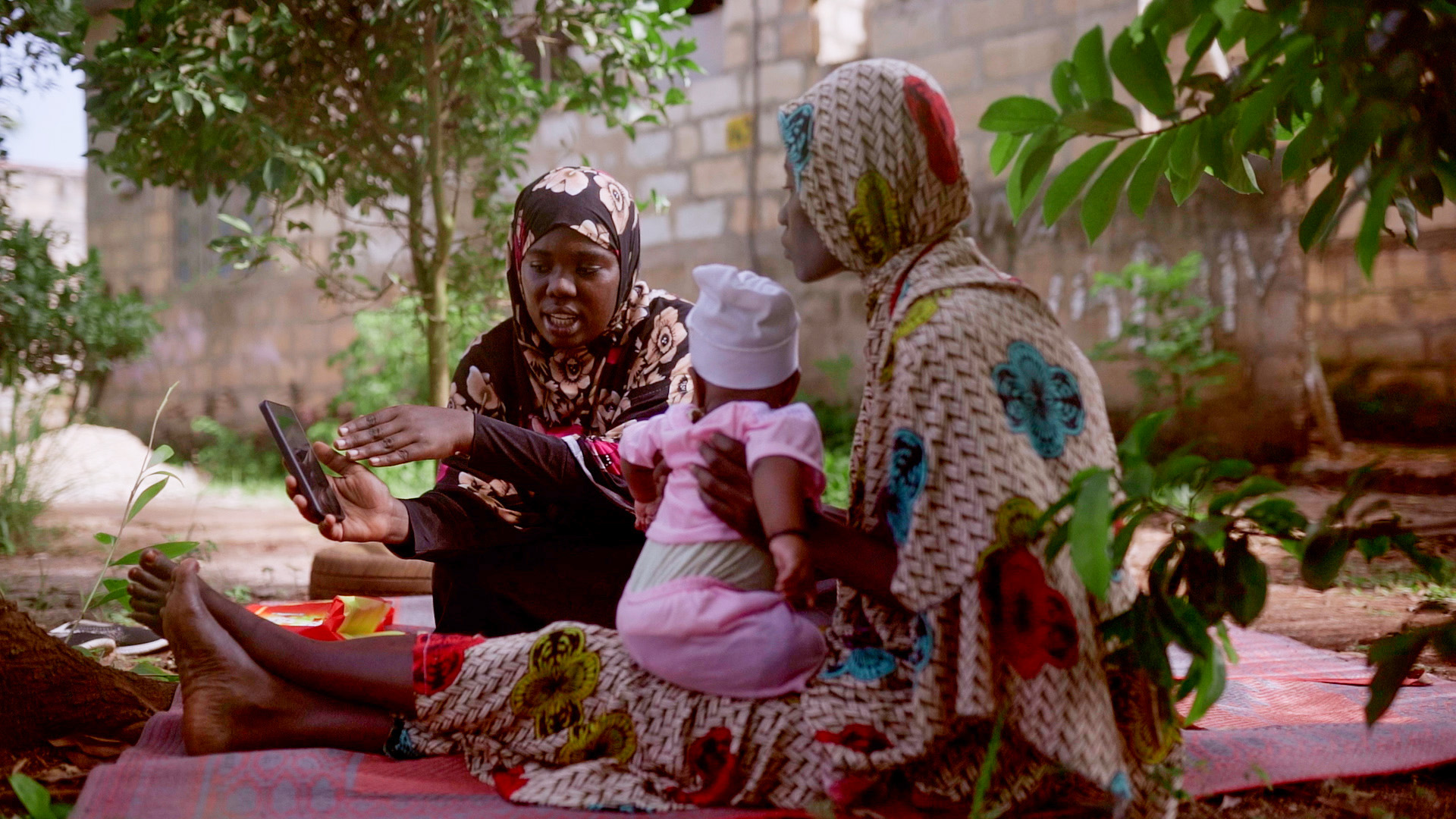Imagine being a new mother in Zanzibar. You’ve just given birth, navigating the challenges of early motherhood. In these crucial moments, timely postpartum support is not just beneficial—it’s essential. Yet, the reality is that not every mother receives this equally. The Uzazi Salama program (now called Jamii ni Afya) aimed to bridge this gap, ensuring that every new mother, regardless of her socioeconomic status, receives the necessary support right at her doorstep. Michelle Olakkengil, previously Research Fellow with D-tree, writes about recent research published in BMC Pregnancy and Childbirth.
The research published in BMC Pregnancy and Childbirth co-authored by Harvard researchers and D-tree has revealed encouraging news: digitally-supported community health worker programs like the Uzazi Salama program in Zanzibar can provide quality postpartum care to women across different socioeconomic statuses. This program, pivotal in saving the lives of mothers and their babies, reached out to mothers with community health workers visiting their homes to offer necessary health education and support immediately after childbirth.
The study looked at nearly 40,000 postpartum women enrolled in the program from 2016 to 2019 who received home visits from a community health worker and highlighted that the implementation of this program did not differ based on a woman’s socioeconomic background. This is a significant achievement in health equity, ensuring that lower-income or less-educated mothers receive the same level of care as their counterparts. Ensuring equitable healthcare delivery is crucial in improving the health and well-being of mothers and babies.

The research also pointed out areas for improvement. Certain groups of women, particularly those with higher parity (more previous births), unknown HIV status, or those who received phone consultations instead of in-person visits, experienced gaps in receiving all scheduled postpartum visits. Additionally, delivery location impacted the timeliness of follow-ups, with those delivering in local or cottage hospitals receiving quicker postpartum care compared to those in centralized, referral hospitals. This research highlights the necessity of tailored approaches to ensure every woman receives timely and complete postpartum care. As community health programs continue to evolve, the insights from this study can guide improvements that ensure equitable care delivery across all groups.
The findings from this study underscore the importance of community-based health programs and their role in bridging health service gaps. As Zanzibar continues to scale up its national community health strategy, the lessons learned can provide a roadmap for future efforts aiming to improve maternal and neonatal health across all communities.

